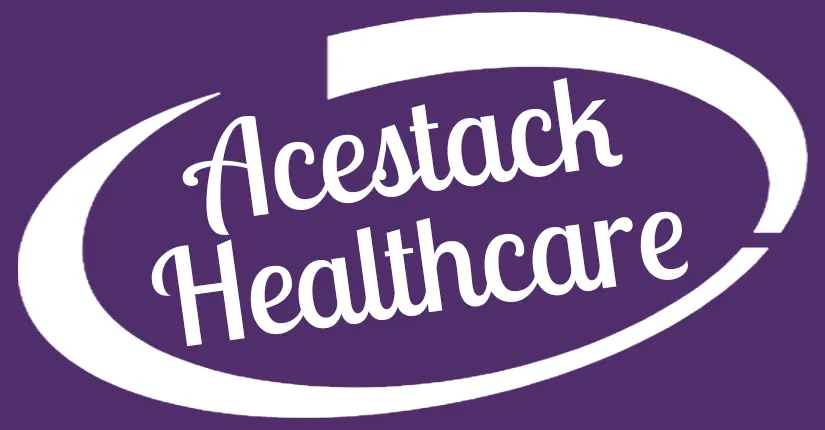
How to Apply for a Compact State Nursing License
To obtain a compact nursing license and work as a nurse in a compact state, you must have proof of residence (see below) and a current, active nursing license in that same compact state. With a compact license, you can practice (physically or via telehealth) in any other participating compact states without needing to obtain another license (this saves tons of time and money keeping up with new state licensure and renewals).
The primary state of residence (PSOR) is the state (also known as the home state) in which you declare your primary residence for legal purposes. Sources used to verify your primary residence may include a driver’s license, federal income tax return, or voter registration. PSOR refers to legal residency status and does not pertain to home or property ownership. Therefore, only one state can be designated as the primary state of legal residence for eNLC purposes.
Note: upgrading from a state nursing license to a multi-state nursing license does not happen automatically; you must actively apply. If your home state was part of the original NLC, and you previously held a multi-state license, you do not have to pay an additional fee to transfer it to an eNLC license. A new compact license will be issued as long as you’re eligible.
So, with all of this in mind, how do you actually get a compact license?
If Your Current PSOR is a Compact State
If Your Current PSOR isn’t a Compact State
POINTS TO REMEMBER!
The official eNLC body strongly recommends that you join the Nursys e-Notify system, which will update you with any real-time changes to the eNLC system. This is particularly useful for travel nurses.
Furthermore, in terms of Continuing Education (CE) contact hours, you are beholden to the requirements in your home state, the state that issued your compact license.
Trusted can help you track your CEUs.

® 2024 All Rights Reserved.